Battery-Powered Watches vs. Mechanical Watches
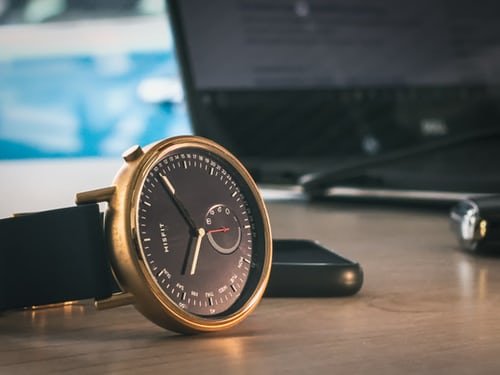
Published: Jun 05, 2021
Battery-Powered Watches vs. Mechanical Watches
Choosing the right watch does not necessarily have to take a lot of time; with a bit of forethought, the selection can be easy. It is advisable to outline the many factors that inform the choice. This will narrow down the list so that frustration doesn't become an issue. Budget will be a determining factor among the seemingly endless choices of watch brands. The style, durability, and comfort of a watch are important points to consider. For instance, if someone often dresses formally, a more expensive dress watch is probably the best style choice for that person. For those who want a watch for casual wear, a less expensive watch is a better choice. However, beyond price and style, consumers have to decide what type of construction best suits their needs. There are only a couple of choices: battery-powered or mechanical watches.
A Brief History of Battery-Powered and Mechanical Watches
During World War II, Switzerland's neutrality allowed them to have a near monopoly in the watchmaking industry. They made just about all the watches and clocks that were utilized in the war, and they controlled a whopping 90 percent of the watchmaking market. With this impressive background and experience, the Swiss became veritable experts on mechanical watches. Their sales, marketing, and repair of mechanical watches were second to no one in the marketplace before the 1970s. In 1970, battery-powered watches were plentiful, and the need for mechanical watches dropped significantly. The United States and Japan were at the top of the battery-powered watch industry because they decided to develop and market the new battery-powered watches. These new watches were more accurate than any of the other watches on the market at the time.

Mechanical Watches
Mechanical watches operate from a wound spring. They keep time by a release of energy through the gears located inside of the watch. These watches use purely mechanical components to keep the correct time. They typically run for about 40 hours on one full winding of the mainspring. Newer designs in today's market can run as long as eight or 10 days. The basic design of mechanical watches has not been altered for decades; however, the use of new materials and the current advancements in technology have improved them over the years. The watchmaking industry is still an expression of the elegance of design. A watchmaker's attention to detail in the assembly and finishing of a mechanical watch is exceptional. The art of manually tweaking each movement for optimum performance requires the services of a highly trained, skilled professional. Although these professionals are rare these days, they still exist.
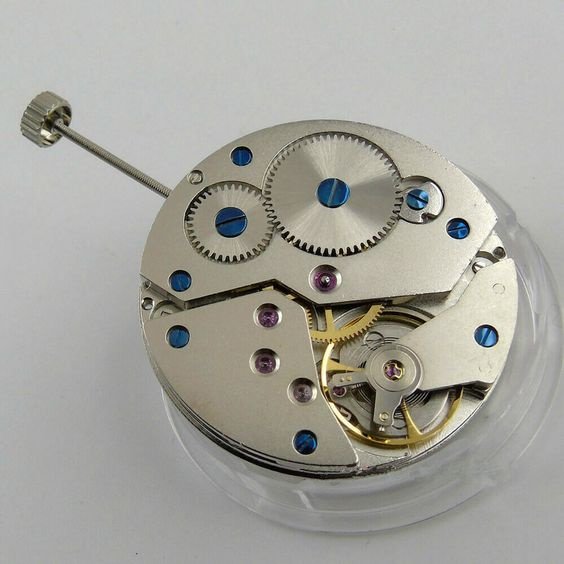
Types of Mechanical Watches
There are two types of mechanical watches: the manual watch and the self-winding watch. Manual watches must be turned by the crown button on the outside of the watch's case to wind the mechanism so that it keeps the correct time. Self-winding watches are activated by a rotor, which will turn by the force of gravity accompanying the everyday movements of the person wearing the watch.
Battery-Powered Watches
Battery-powered watches are designed to activate a quartz crystal inside the movement of a watch. This activation creates vibrations that are turned into impulses made by a computer chip; this drives an electronic motor inside of the watch. The motor moves the watch's hands, and this keeps the precise time. Unlike mechanical watches, battery-powered watches never need winding, and their accuracy is superior to all other types of wristwatches. The batteries in these watches last anywhere from a year or more. Of course, the length of time the battery will last is largely dependent on the quality of both the watch and the battery. Alkaline batteries are probably the least expensive batteries on the market today, and they can easily be found on internet. It is very easy to change the batteries in a battery-powered watch. All that a watch owner will need are the proper tools to open the back of the watch to change the battery.
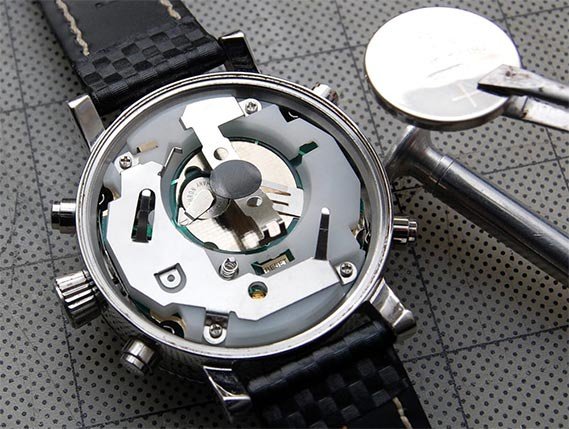
Which Watch is Best?
There are pros and cons with both mechanical and battery-powered watches. A battery-powered watch is durable, and the shock resistance is better than it is with a mechanical watch. The lower mass of vital components help to protect them from shock. A battery-powered watch has fewer moving pieces inside of it than a mechanical watch, and that makes it more durable. There is very little maintenance needed to keep a battery-powered watch in good condition. With respect to reliability, the mechanical watch has a long history to its construction. Mechanical watches can withstand extreme temperatures; this is not always true for battery-powered watches. When properly serviced, mechanical watches can last longer. If they are in good condition, mechanical watches also have a good resale value, which makes them a good investment. Conversely, a battery-powered watch features electronic circuitry that has a limited lifespan.
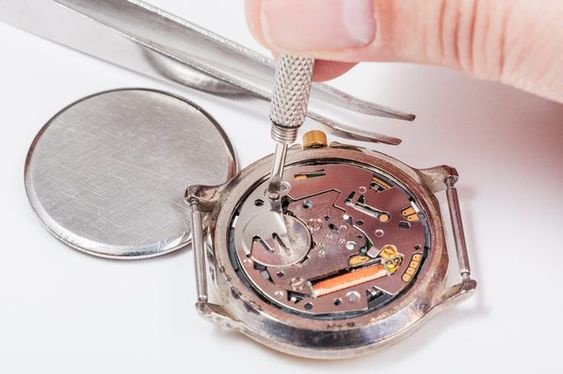
Style Choices
Generally, designer watches cost more; however, they are usually made by watchmakers that have a long history of watchmaking experience. It's important to understand that although mechanical watches are not as accurate as battery-powered watches, they are often more expensive. Consumers tend to pay extra for the intricate construction of a mechanical watch. Numerous values can be found. There are also many vintage watches for sale. Some of these items are collector's items, and many of them keep remarkably accurate time. If diamond watches are desired, there are many available in the marketplace. Whether they are new or used, these watches hold their value because of the precious stones that are set on the faces, dials, and bands. Many of these watches are luxurious, stylish pieces that can be worn at very formal gatherings. This type of watch can be constructed with just a few modest stones or a bevy of gemstones encrusted on all surfaces of the watch. Once the style has been chosen, and the watch happens to be mechanical, it would be wise to remember that the pesky little detail about being regularly serviced. This usually involves cleaning, oiling, and replacing parts that become worn over time. Cleaning and maintaining a mechanical watch is not an expensive endeavor, but it's necessary if accuracy is to be expected. Maintaining a mechanical watch is much like regularly changing the oil in a car; if it's not done on a regular basis, the mechanics will eventually fail.
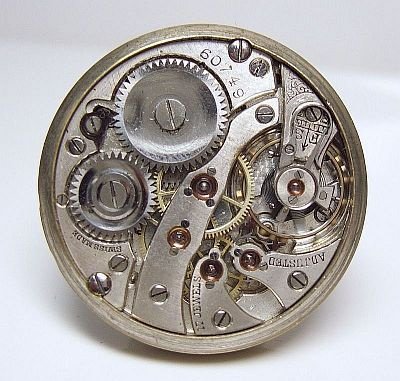
Conclusion
If pinpoint accuracy is desired, a battery-powered watch would be the best choice. If precision, quality, and historic value are preferred, the mechanical watch is the better choice. Either style can be costly, but the cost really depends on the features and materials in the construction of the watch. If all of the choices just serve to be confusing, consumers would do well to simply choose a watch they like. Since they will be wearing the watch every day, it is important to choose a style they resonate with rather than choosing a watch brand for its popularity. Consumers who are looking for a watch that can be passed down to members of their family would probably benefit from the choice of a mechanical watch. If the watch is well-maintained, it will last for many generations. Those who are interested in the convenience of a watch for its display of extremely accurate timekeeping will find a battery-powered watch to be their best bet.